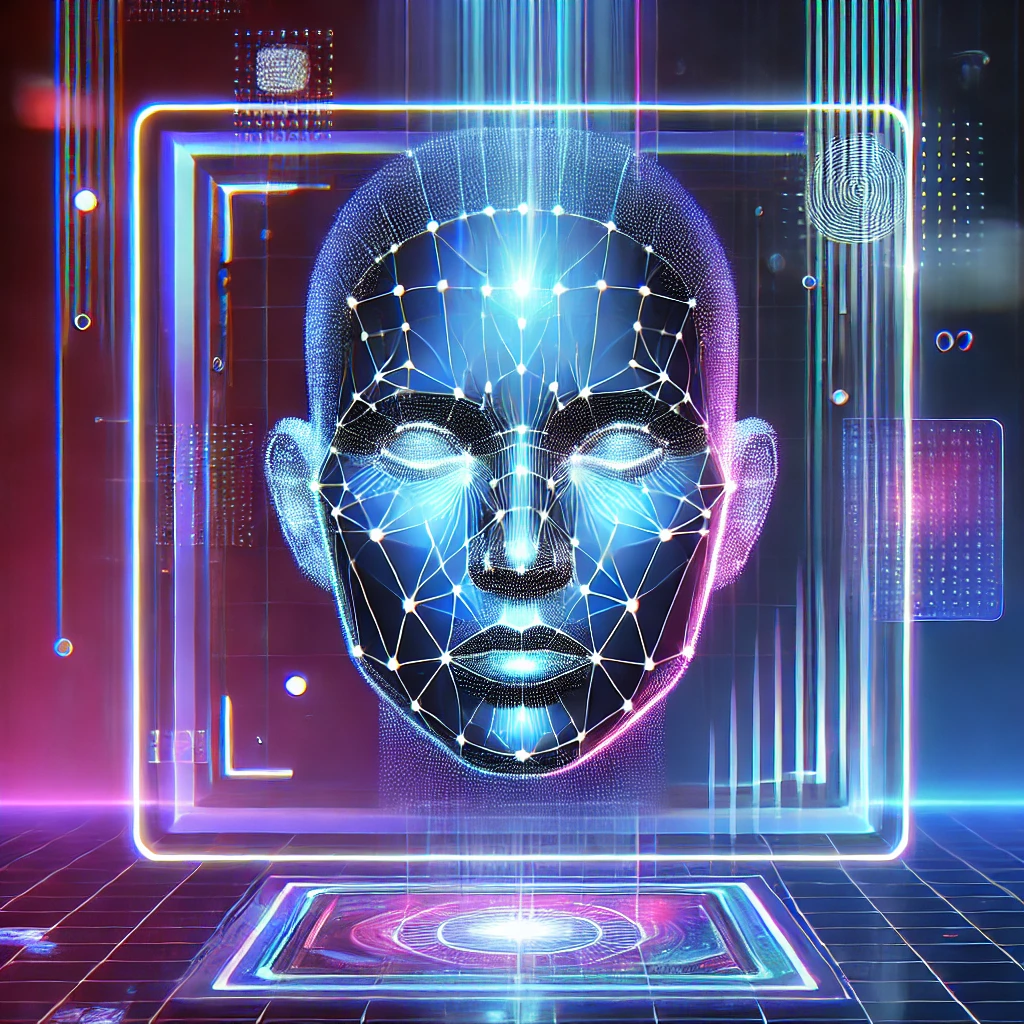
Game Industry and AI: How Computer Vision Is Shaping the Future of Gaming
Computer vision is rapidly emerging as a cornerstone of modern game development, offering game creators powerful new tools to enhance interactivity, personalization and immersion. From real-time facial recognition and gesture tracking to object detection and scene understanding, computer vision allows games to "see" and respond to the physical world in real time. This blog post explores the most impactful trends and use cases — such as dynamic avatar creation, immersive AR/VR gameplay, intelligent content moderation and brand-integrated monetization strategies — that are redefining the player experience. It also outlines the technical roadmap for implementation, highlights ethical considerations like data privacy and examines the benefits of both ready-to-use APIs and fully custom AI solutions. Whether you're building a mobile AR game, a VR simulation or a cross-platform metaverse experience, understanding and adopting computer vision technology is key to staying competitive and future-ready in the evolving gaming landscape.

Top AI Trends Shaping Online Education in 2025
Artificial intelligence is transforming online education, making learning more personalized, immersive and efficient. In 2025, AI-driven innovations are enhancing everything from adaptive learning pathways to real-time analytics and automated assessments. Emerging technologies like computer vision, AR/VR-powered simulations and AI-generated content are helping institutions create more engaging and scalable digital classrooms.
This blog post explores the key AI trends that are redefining e-learning, including personalized and adaptive learning, smart content curation, immersive AI-powered environments and automated assessments. We also discuss the long-term benefits of AI in education, such as lower operational costs, improved student outcomes and a competitive edge in a growing market.
As AI continues to revolutionize the industry, institutions and businesses must adopt strategic AI solutions to stay ahead. Whether through pre-built AI-powered tools or custom development, integrating AI into educational workflows is now essential for creating future-proof e-learning ecosystems.

Face Recognition in the Metaverse: Security & Personalization
As the metaverse continues to revolutionize how we connect and interact, face recognition is emerging as a key technology, bringing together security and personalization in virtual spaces. By enabling lifelike avatars, seamless cross-platform identification and tailored experiences, it enhances both the safety and engagement of users. From immersive gaming to virtual retail, face recognition transforms interactions while addressing critical challenges like fraud prevention and privacy protection. As we look to the future, advancements in AI and machine learning promise even greater possibilities, making now the perfect time to explore how this innovative technology can shape your metaverse strategy.
